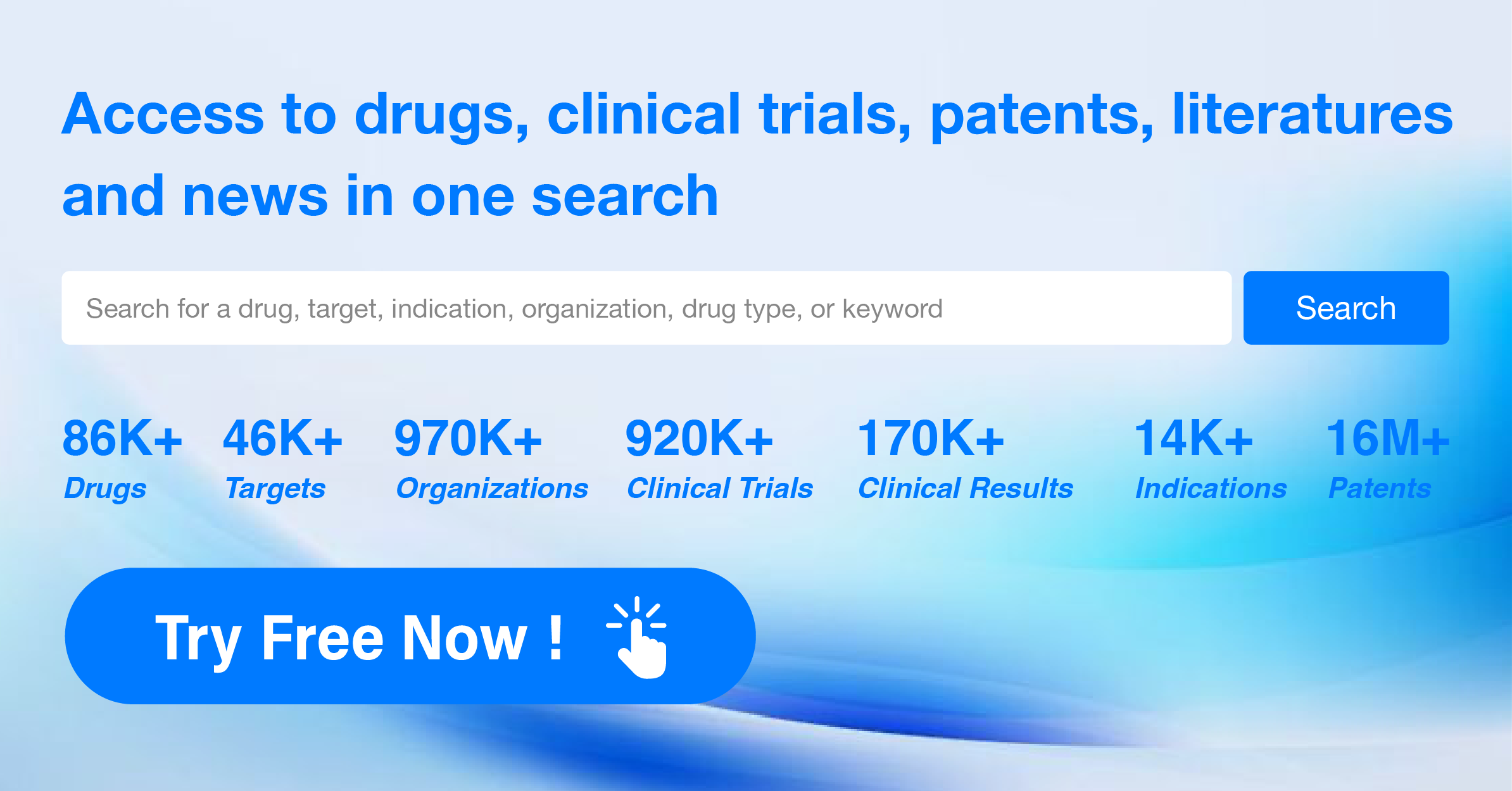Enhanced eConsent Improves Human Experience in Clinical Trials
In the realm of clinical research, obtaining patient consent for trials is a critical step that ensures participants are well-informed and willingly engage in the study. Traditionally, this involves a one-time verbal or written agreement, but the FDA emphasizes the importance of an ongoing dialogue that includes comprehensive understanding, ample time for reflection, and continuous updates throughout the trial.
Modern technology has revolutionized this process through digital solutions. At Medable, where I serve as the chief scientific officer, we have implemented electronic consent (eConsent), which streamlines the consent process by replacing the conventional paper-based method with an electronic system. A 2023 AstraZeneca-led study analyzed the consent process across 35 clinical trials and found that participants using eConsent demonstrated a superior grasp of trial information compared to those using paper consent.
Beyond the expected benefits of digitization, eConsent also enhances the human element of the consent process. A pilot study by Medable in collaboration with Duke University's BASE Lab compared an enriched eConsent version featuring interactive videos, summaries, and quizzes with a text-only version. The study involved 24 diverse patients reviewing an eConsent for a hypothetical hypertension treatment. The participants strongly favored the enriched eConsent, noting that it was more engaging, informative, and personalized, making them feel more at ease and valued.
The study's findings hint at the potential of eConsent to transform the clinical trial experience by improving comprehension and satisfaction, particularly during the initial, often overwhelming phase. Although the sample size was small, the results indicate that eConsent can foster a stronger connection between participants and trials, potentially enhancing retention rates.
As clinical trials increasingly adopt decentralized and digital methods, eConsent is on track to become the norm, replacing paper consent forms. Data from a bi-annual study by the Center for Information and Study on Clinical Research Participation show a rise in eConsent form usage from 24% in 2019 to 44% in 2021, with a slight dip to 32% in 2023, possibly due to the pandemic. A Grand View Research report predicts a compound annual growth rate of 11.3% for the global e-consent market from 2024 to 2030.
The shift towards eConsent will require ongoing research, technological advancements, and regulatory evolution. It is also crucial for the industry to embrace innovative technologies and programs that enhance patient engagement from the outset of a trial. For instance, sponsors could equip investigators with telehealth tools for more frequent, less burdensome check-ins with participants.
The potential of eConsent is significant, but it is just one aspect of the necessary transformation in clinical research. To ensure continuous patient engagement, the industry must adopt a holistic approach that prioritizes patient comfort and satisfaction from the consent phase through the trial's conclusion. This requires a shift in mindset as well as the implementation of new processes and tools.
Gathering evidence to understand the impact of new technologies on clinical research is essential. In our study, we meticulously analyzed participant behaviors, such as the time spent on different sections and their interaction with the eConsent's interactive components. This data-driven approach is crucial for refining eConsent tools to better meet the needs of a diverse participant pool.
Our pilot study is a starting point, but a more extensive collection of evidence is needed to assess the impact of technology on trial execution. Despite the evident benefits, the adoption of new technologies has been hindered by technical challenges, regulatory barriers, and resistance to change from traditional paper-based methods. Overcoming these obstacles requires a concerted effort to gather data on the effectiveness of these technologies, clear regulatory guidelines, and educational initiatives to foster a culture of innovation within the industry.
To drive widespread adoption and transformation in clinical research, we must first demonstrate the effectiveness of technologies like AI and eConsent. By proving their value, these tools can be responsibly integrated to enhance patient outcomes and the overall success of clinical trials. As the chief scientific officer of Medable, I have witnessed the transformative power of eConsent firsthand and am committed to advancing the field through evidence-based innovation.
How to obtain the latest research advancements in the field of biopharmaceuticals?
In the Synapse database, you can keep abreast of the latest research and development advances in drugs, targets, indications, organizations, etc., anywhere and anytime, on a daily or weekly basis. Click on the image below to embark on a brand new journey of drug discovery!




